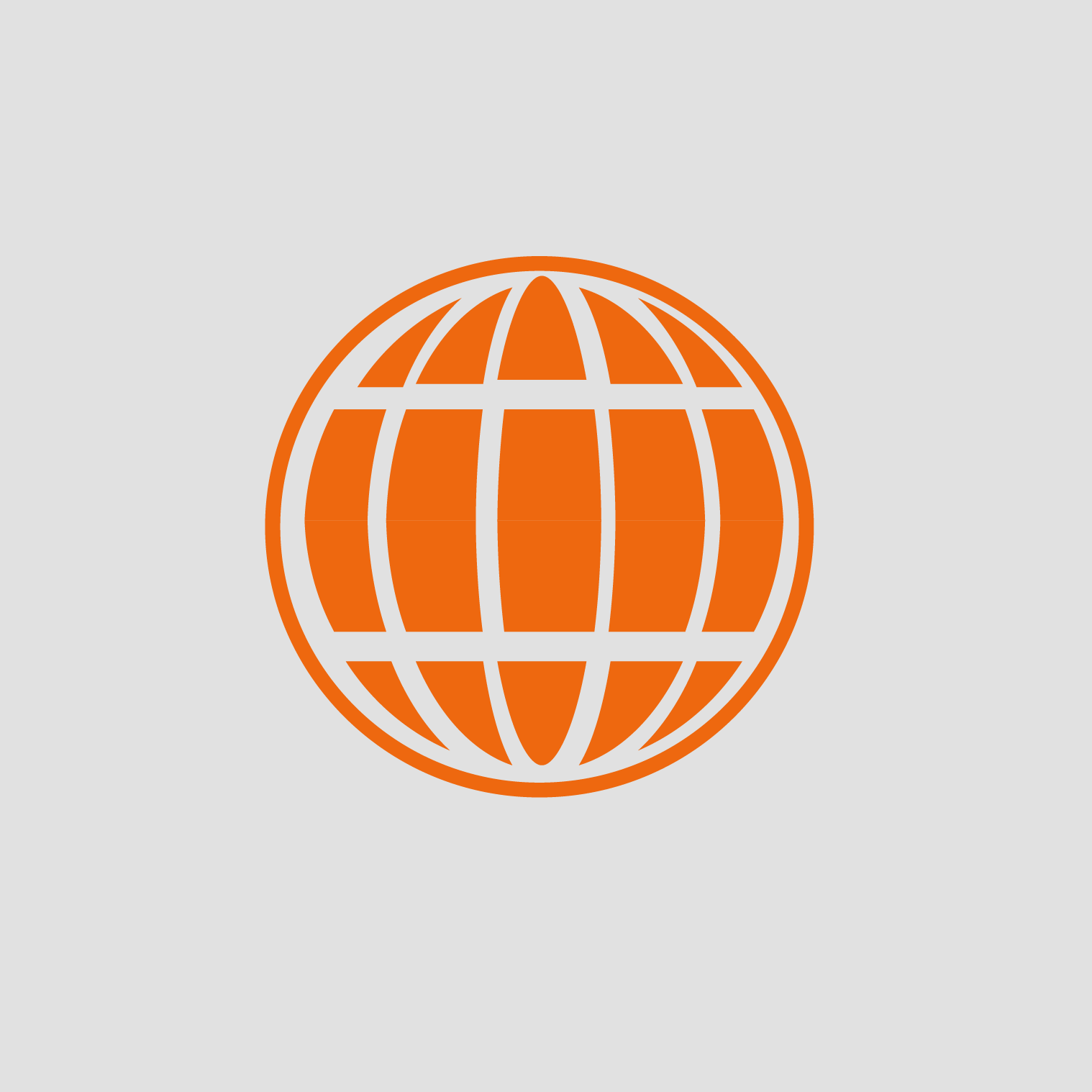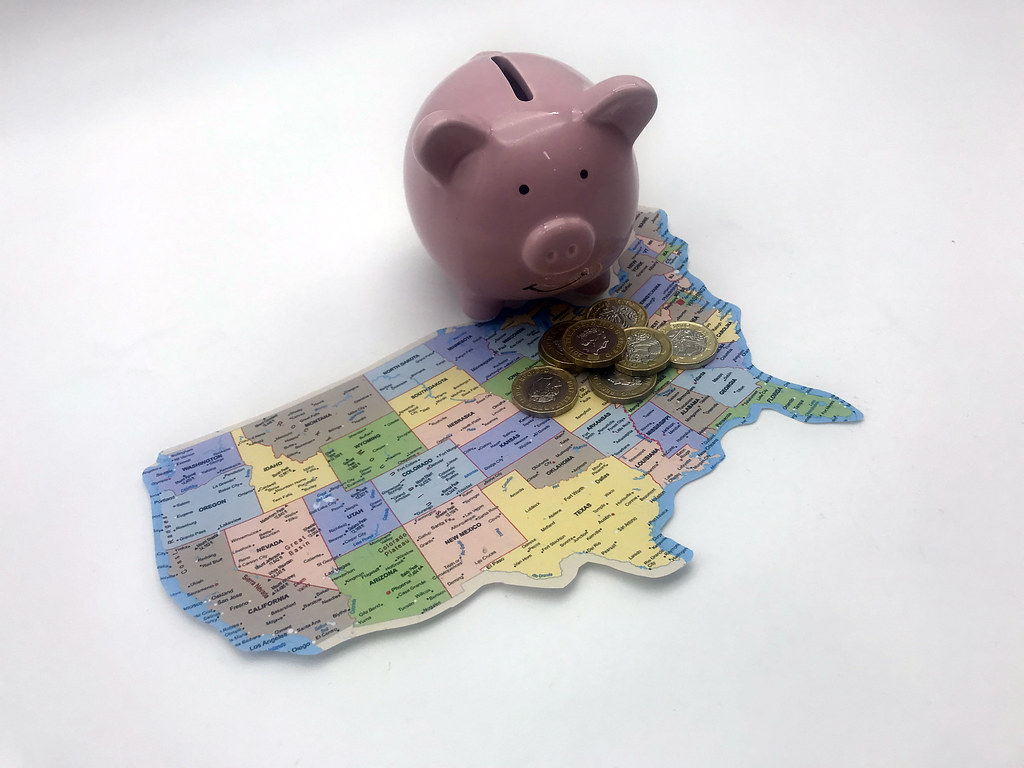Tax information disclosure and the proliferation of global tax information exchange agreements have re-shaped the global investment landscape. By transforming behaviours of financial institutions in many countries from those focused on secrecy to those focused on transparency many countries traditionally considered tax havens have become allies in the fight against global tax evasion. This has forced individuals willing to flout the tax rules to move their money, and many have ironically moved it to the country that developed the model for the exchange of tax information, the US. However, the November elections may finally transform the US’ status and eliminate the world’s foremost tax haven.
The US as a tax haven
Historically identified as a great place to invest due to the size of the market and the entrepreneurial ethos, the US has become even more attractive due to its refusal to partake in global tax information reporting. Though the US introduced the current model of information exchange to the international community, with the passing of its Foreign Account Tax Compliant Act (“FATCA”), it is one of the only places in the world where reporting under this, and the OECD’s Common Reporting Standard (“CRS”), is not required.
The idea that the US’ lack of participation in these regimes has transformed it into the world’s largest tax haven has been suggested in the media over the past several years. An article titled “The World’s Favourite New Tax Haven is the United States”, published by Bloomberg in 2017, states,
“By resisting new global disclosure standards, the U.S. is creating a hot new market, becoming the go-to place to stash foreign wealth. Everyone from London lawyers to Swiss trust companies is getting in on the act, helping the world’s rich move accounts from places like the Bahamas and the British Virgin Islands to Nevada, Wyoming, and South Dakota.”
The fact that this is a genuine investment consideration has also been highlighted in numerous non-US publications; for example, in The Edge Markets – Malaysia edition (September 2020), an article titled “US real estate market to remain resilient” states;
According to the Knight Frank US Prime Residential Market Briefings held online on July 9, factors such as an exemption in estate duty of US$60,000 (RM255,120) for foreign nationals when buying a US property, no stamp duty and no requirement to comply with the Foreign Account Tax Compliance Act (FATCA) or the Common Reporting Standard (CRS) add to the markets’ appeal.
More support for this position can be found in a paper titled “Cross-border tax evasion after the common reporting standard: Game over?” published in the Journal of Public Economics, which discussed the results of a study looking at the impact of CRS on cross-border deposits. Its findings are summarized below:
We study the short-term effect of the first global multilateral standard for the automatic exchange of information (AEOI), the so-called Common Reporting Standard (CRS), on cross-border tax evasion. Employing newly available bilateral data on cross-border deposits, we find that the CRS induced a reduction of 11.5% in cross-border deposits parked in tax havens. However, despite the 4000 bilateral information exchange relations created under the CRS, deposit relocation is still an option for secrecy-seekers. We find that the United States, which did not commit to the CRS, emerges as an attractive location for cross-border deposits.
The beginning of global tax information exchange
In March 2010, I began working in Zurich as a US tax lawyer. It just so happened that this was the same month when the Obama administration (with Joe Biden as Vice President), with the support of a Democratically-controlled House and Senate, released FATCA to the world; which was largely in response to banking activities which occurred in that very city. The extensive impact this law would have on the global financial industry was immediately apparent and, as fate would have it (or some say bad luck), FATCA and CRS would become the focus of my career.
FATCA was passed because of tax evasion, or at least perceived tax evasion, by US persons not disclosing offshore financial holdings to the US Internal Revenue Service (“IRS”). Rather than putting economic pressure or threatening sanctions on countries to crack down on this activity, the US decided to come after the financial institutions (“FIs”) themselves.
FATCA requires FIs to implement processes to identify all their US account holders and report their associated financial account information to the IRS on an annual basis. Originally, only FIs that received US sourced payments were forced to comply as non-compliance came with a 30% tax on those payments. However, shortly after the passage of FATCA the US entered into a network of Intergovernmental Agreements (“IGAs”) whereby partner countries agreed to pass legislation mandating compliance by resident FIs, regardless of whether they received US sourced income.
The CRS, which was developed by the OECD in 2014, essentially adopts the rules of FATCA for all participating countries, whereby FIs in all reporting jurisdictions are required to identify and report financial information of tax residents of other reporting jurisdictions to those jurisdictions.
The US role in global information exchange
How did the US get other countries to agree to enact local law that requires resident FIs to compliance with a US law? Firstly, in the spirit of cooperation; as stated in the agreement itself (taken from the UK’s Model IGA):
[The] Government of the United States of America and the Government of the United Kingdom of Great Britain and Northern Ireland…have a longstanding and close relationship with respect to mutual assistance in tax matters and desire to conclude an agreement to improve international tax compliance by further building on that relationship […].
Secondly, by largely removing the withholding tax penalty that FIs in these countries would otherwise face on earning US sourced income. The third incentive was to reciprocate and provide the partner country with financial information on its tax residents that are investing into the US;
Whereas, the Government of the United States of America collects information regarding certain accounts maintained by U.S. financial institutions held by United Kingdom residents and is committed to exchanging such information with the Government of the United Kingdom of Great Britain and Northern Ireland and pursuing equivalent levels of exchange.
However, the US did not honour the reciprocal nature of these IGAs and failed to adopt these rules into US law. All other partner countries did and, as a result, the US shares no information but annually receives information on all US taxpayers living in over 100 countries around the globe.
Then, in distancing itself even further from the rest of the international community, the US chose not to join the CRS.
But this is justified, one may suggest, as it is costly and burdensome on FIs? Certainly, other countries must have followed the US and stayed on the side-lines? The answer is a resounding no; the US is on a small list of countries that have chosen not to participate. The list of countries that have implemented these rules is now well over 100 and are located all over the world, including:
- All other members of the G7
- Switzerland
- Canada
- Mexico
- Panama
- The Cayman Islands
- Brazil
- Colombia
- Iceland
- Greenland
- Saudi Arabia
- Pakistan
- South Africa
- Nigeria
- Russia
- China
- The Maldives
- Thailand
- Australia
- New Zealand
Even the 261 square km island country of Niue with its population of 1,600 has joined the CRS.
This puts the US on a list of approximately 60 countries whose members include:
- Afghanistan
- Cambodia
- Georgia
- Iran
- Iraq
- North Korea
- Serbia
- Somalia
However, keep in mind that the US stands out from this group of economically and/or politically challenged countries (besides being the world’s only superpower), because it already receives the tax information it requires under FATCA. So regardless of the reason (as we will see below it is likely a result of US political discord), the US is not only arguably a global tax haven, it currently looks like the world’s biggest hypocrite of international tax cooperation.
The future
Despite this perception, the administration that introduced and passed FATCA attempted to honour the reciprocal nature of the FATCA IGAs. In 2014 the Obama administration asked Congress to “Provide for Reciprocal Reporting of Information in Connection with the Implementation of FATCA.” However, this clearly was not adopted into law.
At the time of this proposed legislation the Republicans controlled the House. From 2015 to 2017 the Republicans controlled both the House and Senate, and from 2016 the Republicans, with Trump, have been in the White House. In 2010 when FATCA was passed Obama was the president and Democrats controlled both the House and the Senate.
Currently the Democrats control the House and the Republicans control the Senate. While the Democrats will certainly retain the House, the Senate is now up for grabs with some pundits predicting a shocking Democratic victory to retake the Senate. It is now a realistic possibility that Democrats can run the table.
Led by Biden, if the Democrats take control of the Presidency and Congress it is likely they will take steps to further international cooperation, which may include participating in global tax information reporting. In addition to his responsibilities as Obama’s Vice President, Biden played a leading role in US foreign relations while he was a US Senator (he served on the Senate Foreign Relations Committee for three decades) is an advocate for the US once again taking a lead role in the international community. Furthermore, he has already promised to re-join the Paris Climate Accord, World Health Organisation, and other international agencies should he be elected President. In an article titled “Why America Must Lead Again” Biden writes:
As a summit commitment of the United States, I will issue a presidential policy directive that establishes combating corruption as a core national security interest and democratic responsibility, and I will lead efforts internationally to bring transparency to the global financial system, go after illicit tax havens, seize stolen assets, and make it more difficult for leaders who steal from their people to hide behind anonymous front companies.
The November election could have yet another major impact on the global financial industry and tax transparency; only this time solely focused on the US as all other FIs have already shouldered their “democratic responsibility” (even those in non-democratic countries).








